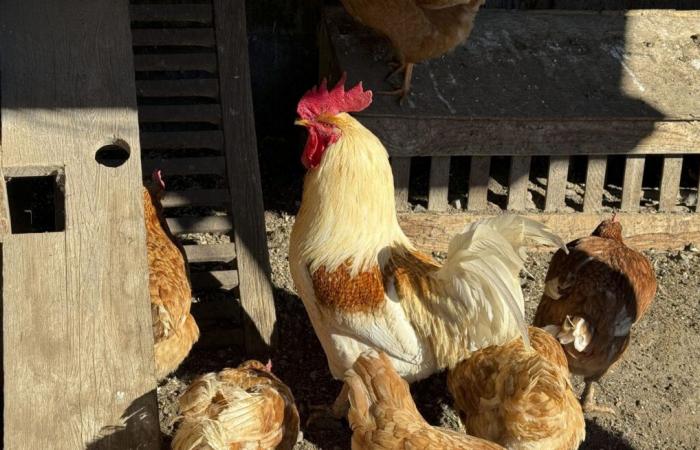The United States will spend hundreds of millions of dollars to strengthen the national response to avian flu, the outgoing administration of President Joe Biden announced Friday, days before Donald Trump’s inauguration.
The $306 million in funding will support national, state and local preparedness and surveillance programs, as well as medical research against the H5N1 virus.
“Even though the risk to humans is low, we are still preparing for all possible scenarios,” US Health Secretary Xavier Becerra said in a statement.
“Preparedness is the key to keeping Americans healthy and our country safe,” he added.
The United States has detected 66 human cases of avian flu since the start of 2024, and others may have gone unnoticed, authorities say.
No spread of the disease from person to person has been observed, but the level of circulation of the virus worries researchers.
The risk being that it mixes with that of seasonal flu, risking triggering a deadly pandemic, like those of 1918 and 2009.
The announcement comes as concerns emerge about how the Trump administration will handle the threat.
The president-elect told Time magazine in April that he would eliminate the White House office charged with preparing the response to the next pandemic, established during the Joe Biden administration — although it is not certain that he can do so, this body having been created by Congress.
His Health Department pick, Robert Kennedy Jr., is notoriously skeptical of vaccines and has promised to reform health agencies.
Mr. Kennedy Jr also promoted raw milk, considered a vector of bird flu.
The Biden administration is also facing criticism for its response to bird flu, which some consider insufficient.
In a report published in December, the Center for Strategic and International Studies, a research institute based in Washington, notably criticized the “incomplete surveillance” and “slow coordination” of the authorities.
Another source of concern: the avian flu virus may have mutated in the body of an American patient to adapt to human respiratory tract, American health authorities announced at the end of December.
Health authorities are also closely monitoring the increase in cases of bird flu among felines, which could put their owners at “risk” of contracting the disease through close contact.
To watch on video
Canada






